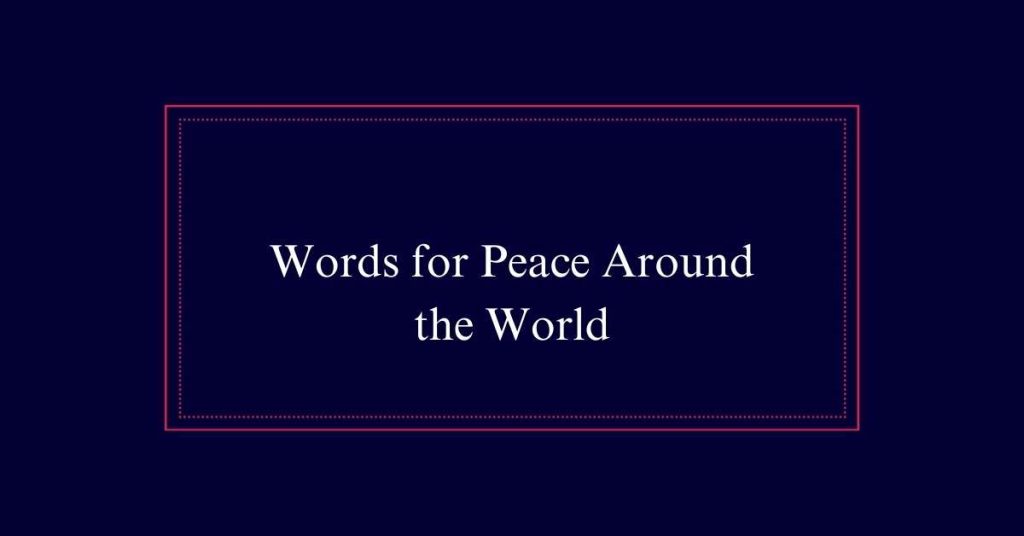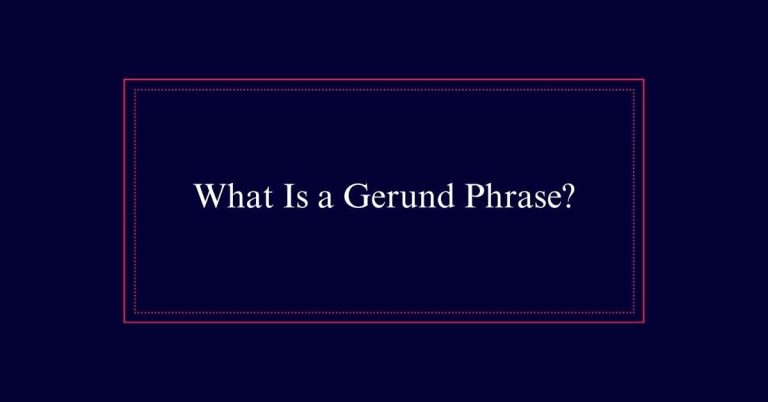Words for Peace Around the World
Words for peace vary across cultures, reflecting unique values and traditions. For instance, in Arabic, peace is ‘salaam,’ in Hebrew, it is ‘shalom,’ and in Japanese, it is ‘heiwa.’ Expressing peace in different languages fosters understanding and reduces conflicts. The act of using peaceful terminology encourages empathy, compassion, and constructive dialogue. Peace is a universal value that transcends borders and ideologies, promoting unity, cooperation, and progress.
Variations of Peace
Although peace is a universal concept, it is expressed in diverse ways across different languages and cultures.
Each language has its unique term for peace, reflecting its cultural background and values. For instance, in Arabic, the word ‘salaam’ signifies peace. In Hebrew, ‘shalom’ is used. The Japanese use ‘heiwa’ to express peace. These variations show that while the idea of peace is common, the expression of it is culturally specific.

The phrase ‘peace on Earth’ resonates worldwide, yet its translation differs. This linguistic diversity enriches the global understanding of peace. It highlights that despite differences, the aspiration for peace is shared globally, underscoring its significance in human interaction and communication.
Importance of Expressing Peace
Expressing peace through language is essential for fostering understanding and harmony across cultures. Words of peace can bridge gaps between different communities and create a sense of mutual respect.
When we speak peacefully, we encourage a positive atmosphere that can lead to constructive dialogue. This, in turn, reduces misunderstandings and conflicts. Using peaceful language also sets a tone of empathy and compassion, which are vital for resolving disputes.
Additionally, peaceful words have the power to inspire and uplift individuals, promoting overall well-being. In a world often fraught with tension, the deliberate use of peaceful expressions can have a profound impact, making it easier for people to connect and coexist harmoniously.
Global Significance of Peace
Peace is a universal value cherished across all cultures and societies. It transcends borders, languages, and ideologies, creating a common ground for mutual respect and understanding. The global significance of peace can be observed through its impact on various facets of human life:
- Unity and Cooperation: Peace fosters collaboration between nations, promoting stability and progress.
- Human Rights: Peace is fundamental to ensuring basic human rights and freedoms are respected.
- Economic Growth: Peaceful environments attract investments and enable sustainable development.
- Cultural Exchange: Peace encourages the sharing and appreciation of diverse cultural traditions.






